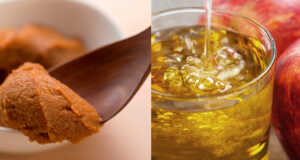
Chugging contests normally involve beer, but recently the idea that chugging water to lose weight has gained popularity. We all know that hydrating with water is a healthy habit, but is there such a thing as OVER-hydrating?
Proper hydration occurs when you drink enough fluid (not just water) to replace lost fluids and lost electrolytes. We can use thirst as a gauge for whether or not we’re drinking enough (don’t wait for thirst – consume enough fluid to avoid getting to the point of thirst). Many of us strive for this healthy habit, but be careful – there is such a thing as too much water. Let’s look at how to determine if you’re overdoing it.
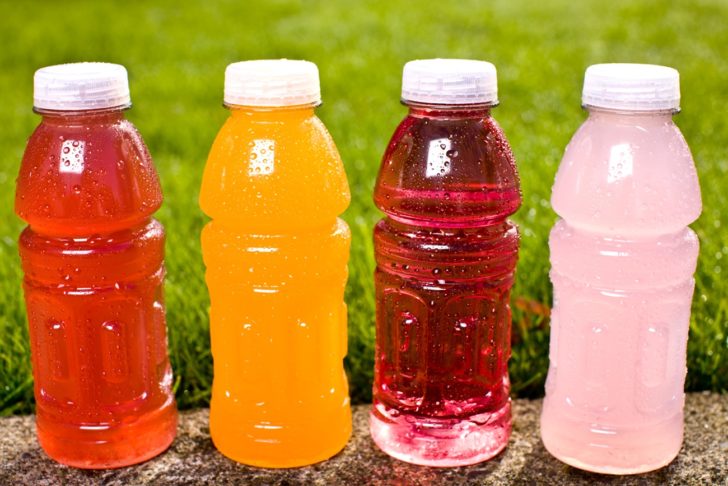
How much is too much?
The good news is that it takes a lot of effort to drink dangerously high amounts of water (we don’t accidentally over-hydrate without being aware of it). Getting more than the body needs (on average 9 – 13 cups of fluid from beverages and food) is unnecessary and doesn’t enhance health. If your pee is clear, you’re doing a good job and need not push it beyond that.
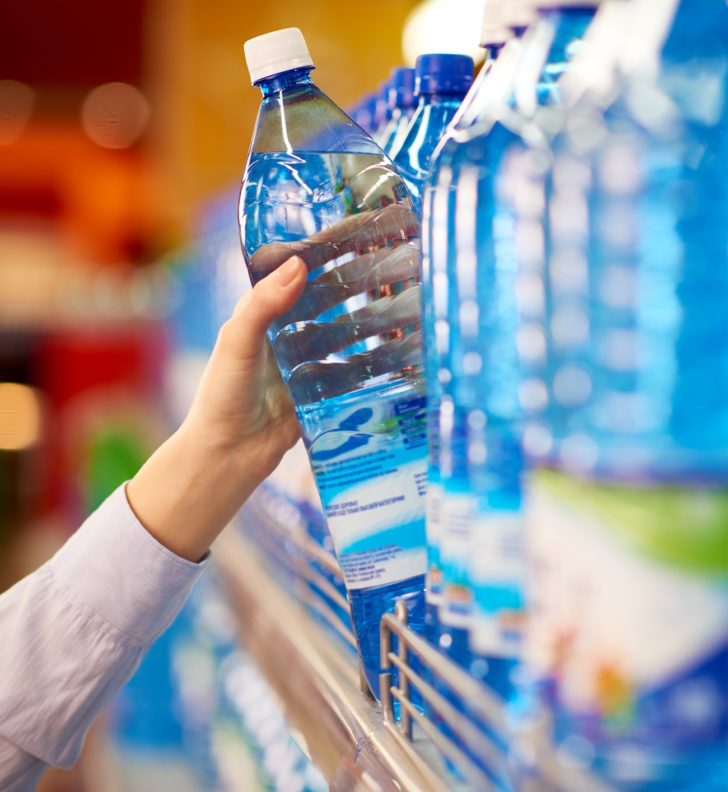
What happens with too much
Overhydration can lead to water intoxication, which results from the kidneys getting more water than they can remove in urine — the result is more water in the bloodstream. When this happens, it throws off our electrolyte balance, particularly sodium (salt). Dangerously low sodium levels is called hyponatremia. If sodium levels drop too quickly, it can be fatal. Nausea, vomiting, feeling confused, and headaches are signs of possible overhydration.
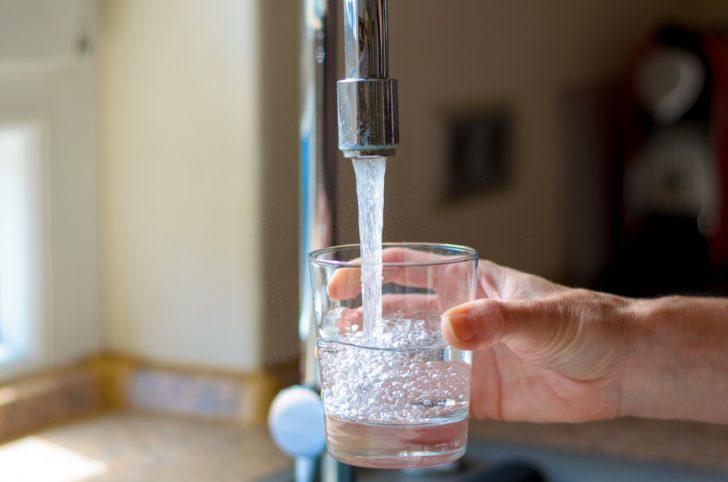
Who is at risk?
Dieters are often given bad advice about water, including advice to “drink water when feeling hungry” and “the more water you drink, the higher your metabolism”. Someone who is VERY out of touch with the body cues of hunger and thirst might confuse thirst and hunger, but most of us are not going to jumble these. And filling up on water can’t fake out the body’s need for food. And while a fluid environment is required for all body processes – including metabolism – to function optimally, metabolism won’t get a mega-boost from downing the water (and replacing food with water can actually lower the metabolism).
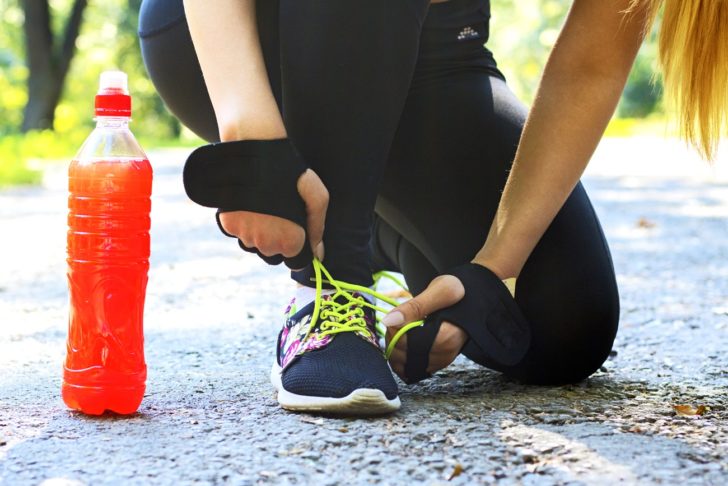
Athletes are the most at risk for overhydration when they gulp down water before and after their sporting events. They can use thirst as their guide (as they’re releasing more body fluid through sweat, the body’s thirst mechanism will account for this) as well as keep this reference in mind: drink 2 – 4 cups per hour of exercise. Athletes should also consider sports drinks when exercise exceeds an hour. Going beyond these recommendations could be risky.
So if you’re considering gulping more water to lose weight or just to hydrate, be careful not to overdo it. Read more on staying hydrated without drowning in body water.

